On the Gospel of John, Part 22: Best Witness

On the Gospel of John, Part 22: Best Witness
In the Christogenea New Testament, the text from John 7:53 through John 8:11 is not found, but it is certainly not missing. We have maintained the traditional verse numbering accompanying our translation, but John chapter 7 ends with verse 52, and John chapter 8 begins with verse 12. This is done purposefully, and it is for only one reason: that this pericope [a section or passage of scripture] is not found in any of the oldest Greek manuscripts, those known to predate the 5th century, and neither is it found in many of the manuscripts from the 5th century and later. According to the Nestle-Aland Novum Testamentum Graece, in both the 27th and 28th editions, verses up to 7:52 and beginning with 8:12 survived in both of the 3rd century papyri P66 and P75, but they do not contain any of the text from this pericope. The 4th century Codex Sinaiticus (א) can be viewed on line at the Internet website codexsinaiticus.org, and in John chapter 8 the text flows quite naturally from 7:52 to 8:12 with no indication of any break in the context. So there is no evidence in the Codex Sinaiticus for any of this passage from John 7:53 to 8:11. This is the way in which we have chosen to read John, but of course, the Codex Sinaiticus has no chapter or verse numbers, which were first added to copies of the Scriptures in the 16th century.



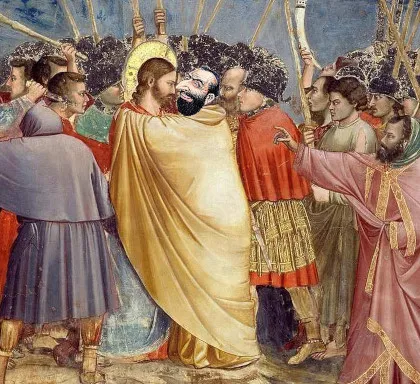


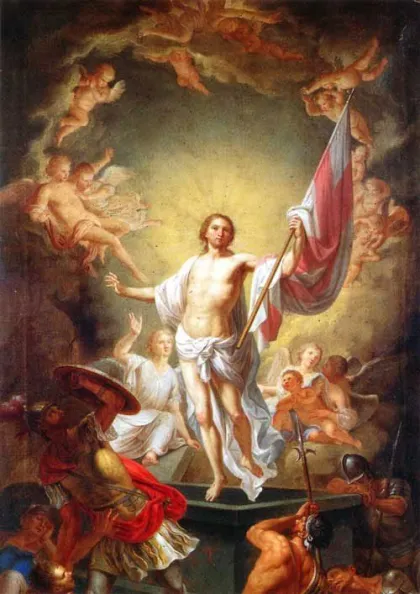



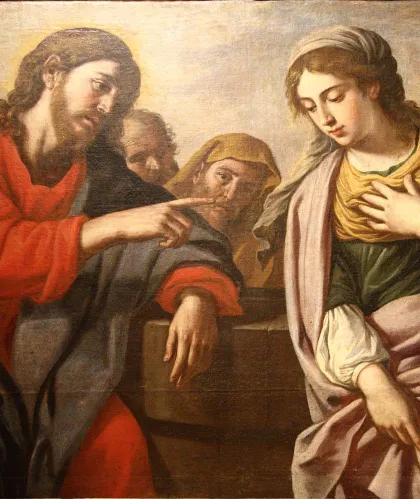


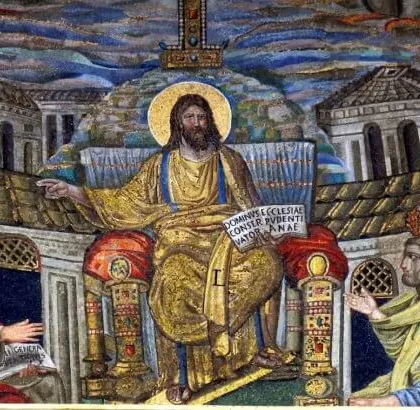
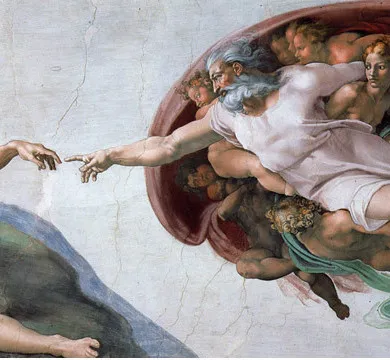

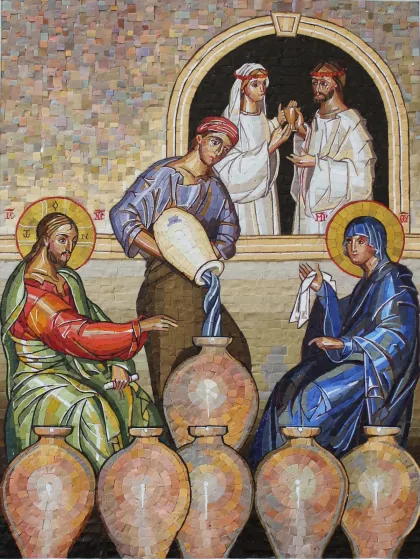
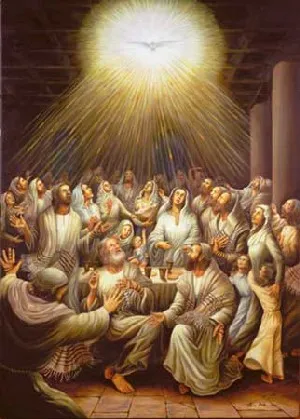

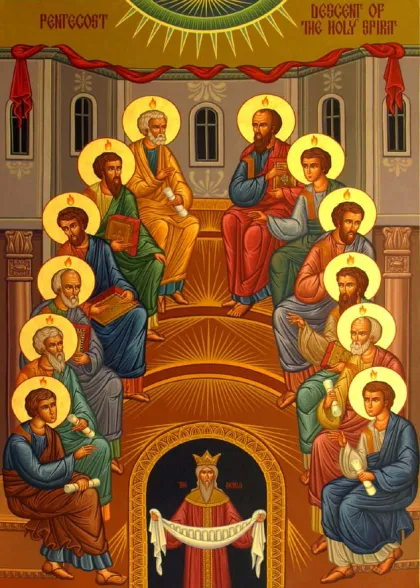




 Please click here for our mailing list sign-up page.
Please click here for our mailing list sign-up page.







